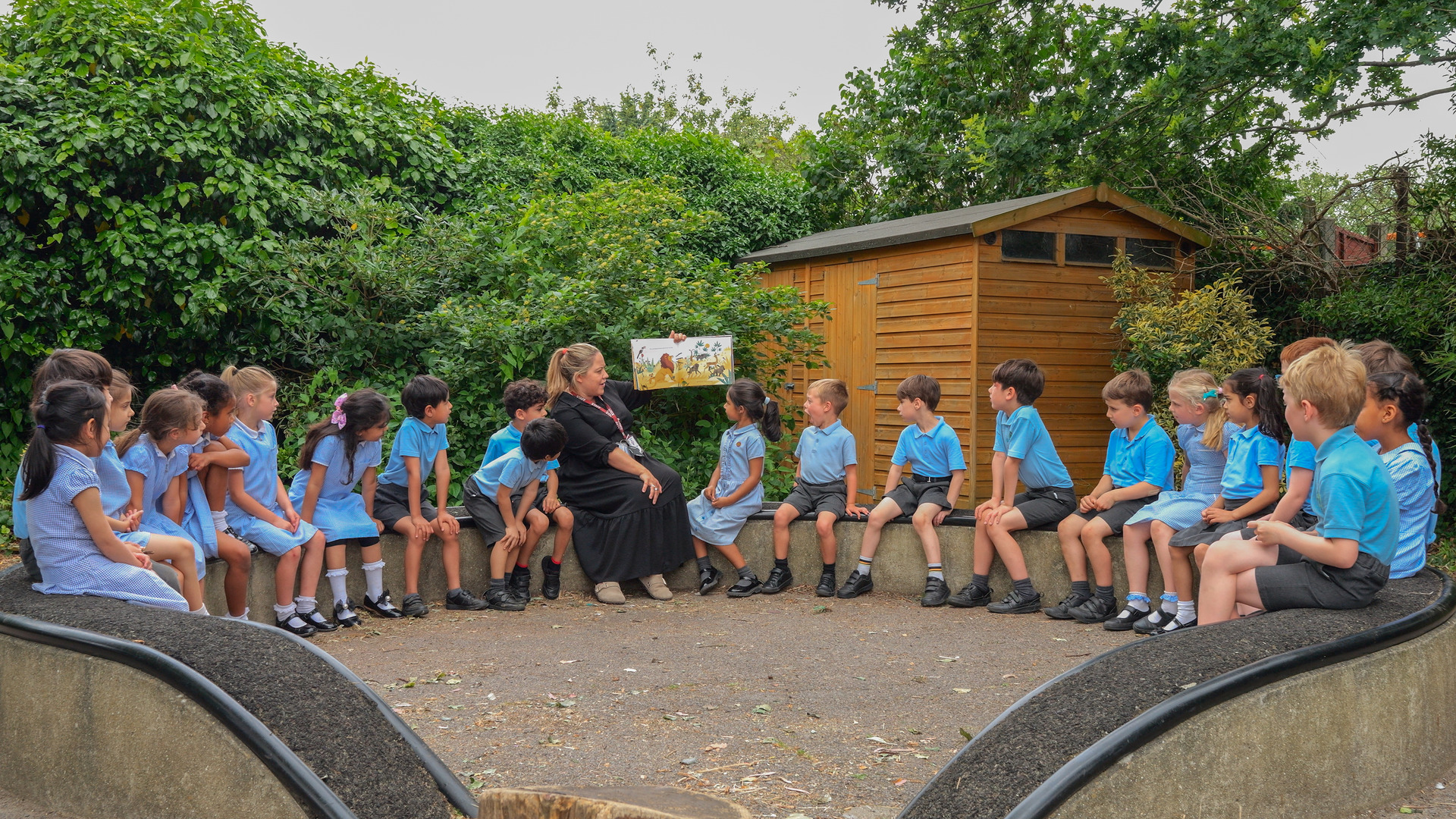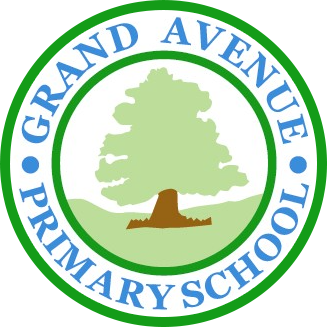Multilingualism
In this section of our website, you will find information relating to multilingualism at Grand Avenue Primary and Nursery School and the provision we have in place to support our pupils. Grand Avenue Primary and Nursery School serves a diverse community and 31% of our pupils are multilingual learners and/or speak English as an additional language. This figure is higher than the national average (20.8%).
We use the term multilingual for people who use more than one language in their daily lives. It does not mean they have equal skills in both languages. We use the term ‘home language’ to describe languages used at home, with family and in the community and value these as assets. However, you may also hear terms like being bilingual, speaking heritage languages, English as an additional language (EAL) or first languages.
At Grand Avenue Primary and Nursery School, we promote multilingualism and the use of home languages whilst supporting the acquisition and proficiency in English. Children are much better at learning other languages if they can use their first language well.
Throughout the year, our wider curriculum is enriched with opportunities to celebrate and recognise the culture and languages of our diverse community. One of the ways we support our community is by holding ‘Wellbeing Coffee Mornings’, which gives us an opportunity to meet and share ideas. We also welcome our wider community of parents and local residents to join us for events such as the International Food Festival and assemblies or story reading during ‘Languages and Cultures Week’.
In the classroom, our multilingual pupils are supported using quality first teaching. We value multilingualism as an asset, and we include our multilingual pupils and families in all aspects of school life. We use effective pupil assessment to ensure we build a broad picture of the learner so that we can plan appropriate and targeted support. We focus on language and vocabulary when teaching subject content, which is crucial to the attainment and progress of EAL and multilingual pupils. We pride ourselves on EAL-friendly classrooms where we are equipped with some useful multilingual signs. We use ‘wigit’/ images to support pupils to dual code and recognise new language.
In addition, we use a range of resources and intervention programmes, such as Colourful Semantics, School Start, Sound Starts, Word Shark, Clicker 8, NELI and Narrative programme to support pupils.
Mrs Holdaway is our Multilingualism co-coordinator and Mrs Maqsood is our Senior Teaching Assistant for Multilingualism.
Our website is fully translatable by using this icon at the top right of the page. 

